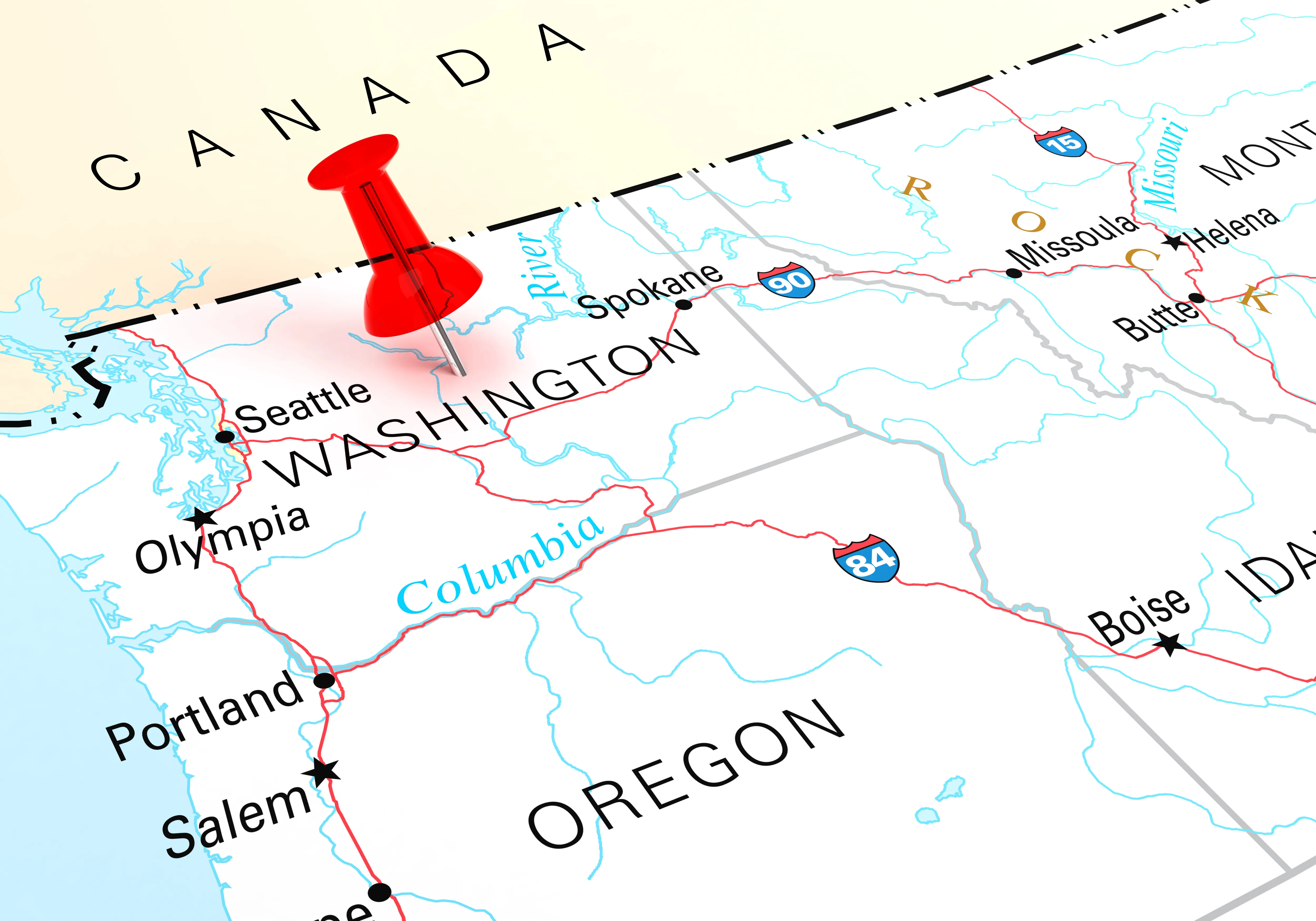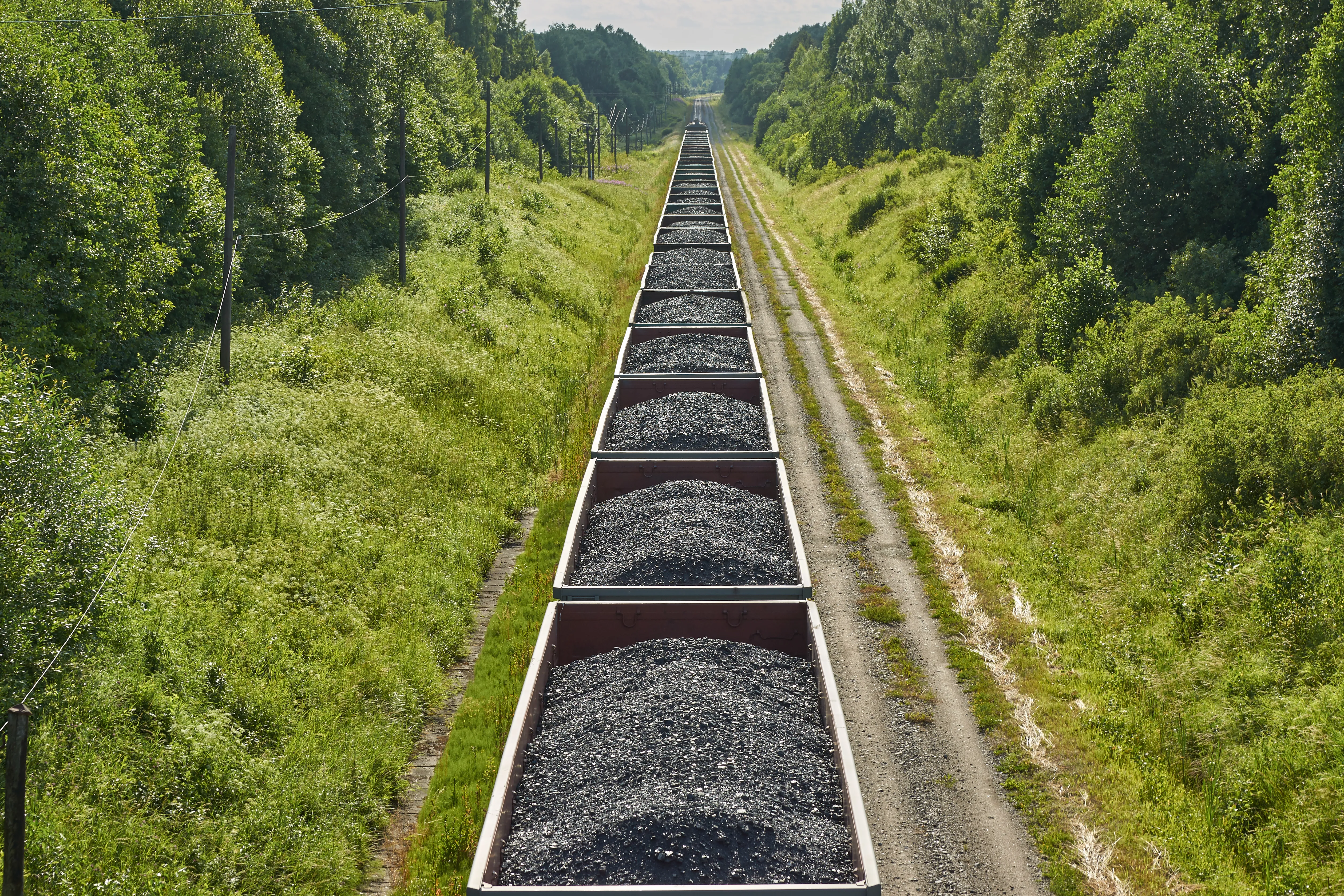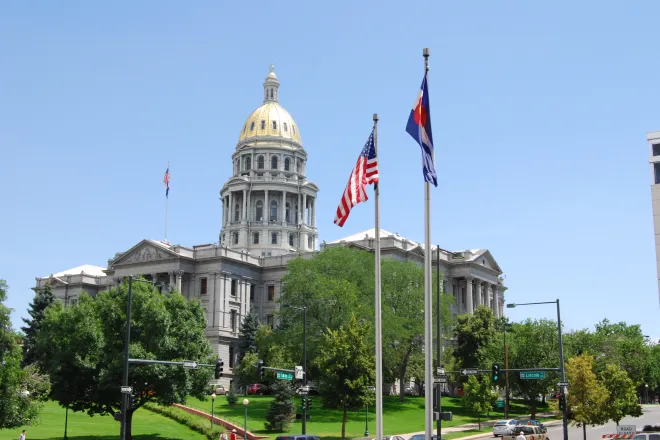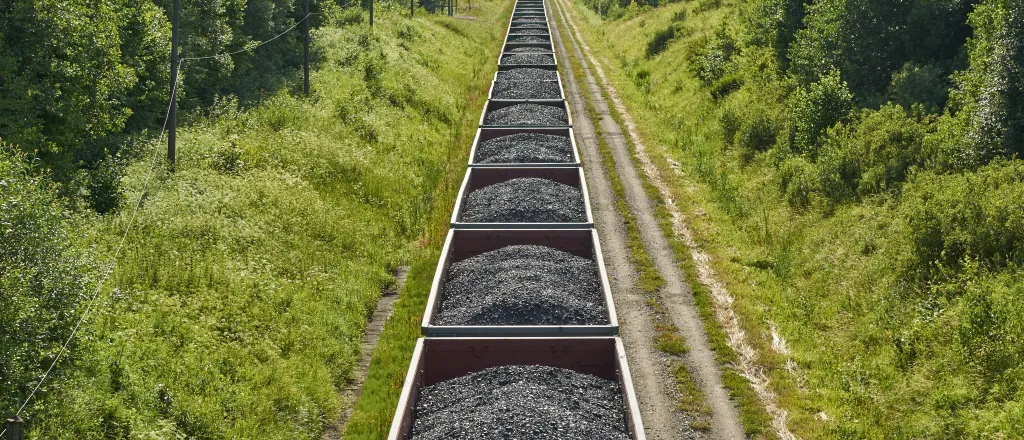
Montana’s Congressmen want Biden-era coal rule for Eastern Montana tossed
The entire Montana Congressional delegation has introduced a measure in Congress — in both the House and Senate — that would overturn a Biden administration rule issued by the Bureau of Land Management halting any future coal leases on federal land from its Miles City office, which oversees part of the Powder River coal tract.
The decision to end coal leasing in the eastern portion of the state drew the ire of state and federal Republicans, but would not have ended coal production for companies which already have leases.
Thursday, Montana’s two Senators, Steve Daines and Tim Sheehy, along with its two Congressmen, Ryan Zinke and Troy Downing, all of whom are Republican, introduced the legislation that would overturn and invalidate the decision. Such a move by Congress would shortcircuit the decision-making process that federal agencies have to follow to determine how and when to use federal land, as well as a requirements for public comment and feedback. Overturning the Biden-era decision is one of the ways the legislative branch, Congress, can check the executive branch.
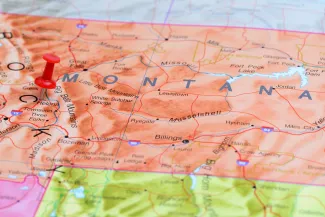
“Montana’s Second Congressional District keeps the lights on in the Treasure State. Under the Biden Administration, Montana energy production took a direct hit when an outright ban on coal leasing in the Powder River Basin went into effect. I’m proud to lead this CRA in the House to reverse this disastrous management plan amendment that threatens access to affordable, reliable energy and investment in the communities I represent,” said Downing in a joint press release.
The Miles City BLM office is in Downing’s Congressional district. The Powder River Basin extends into northern Wyoming, including the coal mining activities in Gillette, Wyoming. However, the portion of public lands in Wyoming is overseen by a field office in Buffalo. In Montana, it encompasses more than 2.7 million acres of BLM land, across 17 counties in the eastern part of the state.
Closing the federal land to coal mining was one of several options that were considered by the Biden administration in 2023-’24. The federal tracts of land, though, were also subject to heavy litigation from conservation and environmental groups which challenged the permitting processes in federal court. A federal judge in Montana had previously ruled that federal officials did not adequately assess the environmental impacts of the coal when determining whether to open more land for coal mining.
It is also unclear if there is more interest in coal mining.
For example, the Absaloka Mine, which provided an economic engine for the Crow Indian Reservation in south-central Montana, lost its last customer in 2024.
Currently, several large companies have already secured coal mining tracts for years, if not decades. In Montana, Westmoreland mines coal near Colstrip to fire the large generation station there. Current leases for Westmoreland estimate that the company can continue to mine until 2060.

The Spring Creek Mine in Decker, which is owned by the Navajo Transitional Energy Company, has permits and leases that would continue through 2035, even without the change.
Mining permits in Wyoming run through 2041.
The Biden-era BLM decision was a huge blow to coal mining in America, though. Powder River Basin coal between Montana and Wyoming makes up about 85 percent of federal coal production and 40 percent of the coal production in all the United States. However, since 2008, the year of Powder River Basin’s peak production, demand for coal has been on the decline, according to the Energy Information Administration.
Still, if the legislation overturning the Biden-era rule is successful, it’s unclear how many acres would become open for mining. Originally, as the Miles City office was considering its future plans, it evaluated four different options. The other leasing options that were considered would have allowed from 1.2 million federal acres to be leased for coal mining to as few as 810.
“It’s time to put an end to the Biden-era, job-killing, environmentalist mandates, and this resolution will help achieve that. As we work to unleash Montana energy, we must support Montana’s resource economy in building a successful future, creating jobs, and powering America. Montanans voted to make America energy dominant so we can bring down prices for families and boost real wages for the hardworking Americans who keep our economy running,” Sheehy said.
In addition to conservation groups challenging the health and environmental impacts of more coal leasing, others have raised the question of coal’s viability with the shrinking number of domestic coal-fired power plants.
“Efforts to roll back BLM’s common sense plan on coal leasing are more about politics than protecting the prosperity of Montanans,”said Mark Fix, a Miles City rancher and member of Northern Plains Resource Council. “Coal simply can’t compete in the marketplace with today’s more affordable and reliable renewable energy sources. State officials should focus on positioning Montana to be a leader in robust, growing energy sectors rather than trying to prop up an industry in decline. Let’s work to create good-paying, long-term cleanup jobs for coal workers while transitioning to meet the demands and economic opportunities of today’s energy markets.”







